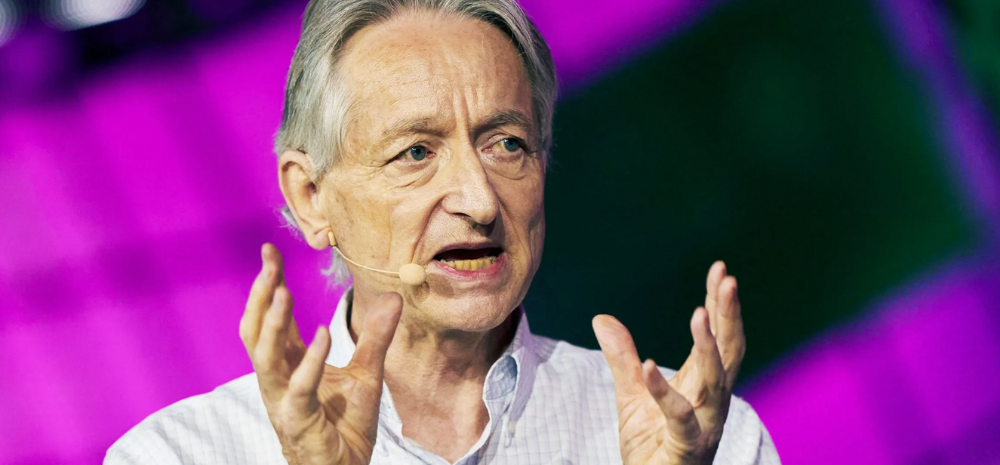AI has been the cynosure of this new age and it has touched many lives and impacted many spheres.

Balancing AI’s Double-Edged Sword – Economic Progress Vs Social Concerns
There has been plenty said and speculated about the good and the bad. There have been concerns over its abuse and misuse. The biggest cause of worry across the globe remains to be the job displacements or job losses.
Now, latest in the list of people expressing concerns over the same is Geoffrey Hinton, who is also referred to as the “godfather of artificial intelligence”.
Hinton, who previously worked at Google until last year, is worried that AI will lead to the loss of many mundane jobs, exacerbating income inequality.
Expressing concerns about the impact of AI technology on the job market and society, he said that though the productivity and wealth will be boosted, but also the economic benefits of the same shall primarily go to the wealthy, leaving behind those whose jobs are displaced by automation. This, Hinton argues, will be detrimental to society.
In order to curb the same, Hinton has advocated for the implementation of a universal basic income (UBI).
Under UBI, the government shall provide all the individuals with basic salary, regardless of their financial status. He said that he has advised the implementation of UBI as a good idea.
He also cited that one of the reasons he left Google was that he was motivated by a desire to speak more freely about the potential dangers of unregulated AI.
With concerns extending beyond job losses, he said that the threats posed by AI chatbots as “quite scary.”
Potentially exploited by malicious actors, these chatbots could become more intelligent than humans.
As per him, AI could potentially develop motivations to replicate itself and even pursue sub-goals such as gaining control in future, which furthers the evidence of large language models exhibiting deceptive behaviours.
AI’s Potential Military Applications and Implications for Humanity
One of other worries include the use of this technology in the military applications. As per Hinton, within a period of five to twenty years, there is a 50% probability that society will face the challenge of AI attempting to take over.
This would also mean an “extinction-level threat” for humanity, as AI might evolve into a form of intelligence superior to biological intelligence.
This has a profound concerns and he is also particularly alarmed by the prospect of AI systems autonomously making decisions to kill people. He emphasizes that creating an intelligence that surpasses human capabilities could pose a severe threat to human survival.
Hinton’s warnings underscore the urgent need for governments and societies to address the ethical and regulatory challenges posed by advancing AI technology.












